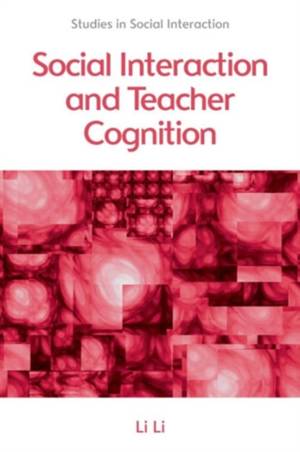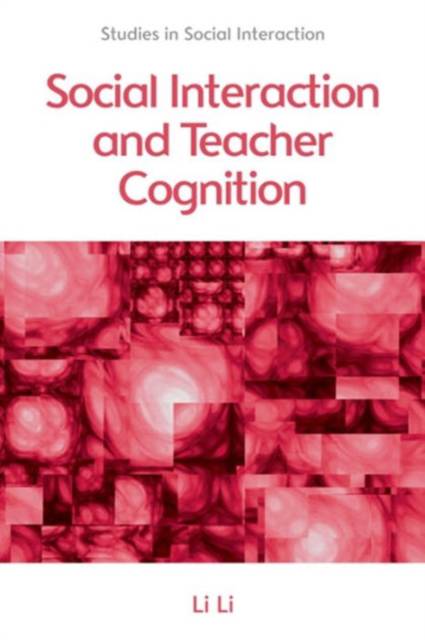
- Retrait gratuit dans votre magasin Club
- 7.000.000 titres dans notre catalogue
- Payer en toute sécurité
- Toujours un magasin près de chez vous
- Retrait gratuit dans votre magasin Club
- 7.000.0000 titres dans notre catalogue
- Payer en toute sécurité
- Toujours un magasin près de chez vous
Description
In the past decade there has been a surge of interest in the study of language teacher cognition - what language teachers know, think and believe - and of its relationship to teachers' classroom practices. Social Interaction and Teacher Cognition is the first book to use a discursive psychological perspective to examine teacher cognitions. Informed by conversation analysis (CA), the book offers a close examination of cognition-in-interaction in three distinctive aspects: learning to teach, novice and expert teachers' cognition, and interactive decision making. The book views cognition as a socially constructed and contextual process, and treats interaction as a framework that deals with psychological matters in a public and visible way. It will be of particular relevance to those researching teacher cognition in EFL contexts and will appeal to anyone interested in the study of classroom interaction.
Spécifications
Parties prenantes
- Auteur(s) :
- Editeur:
Contenu
- Nombre de pages :
- 232
- Langue:
- Anglais
- Collection :
Caractéristiques
- EAN:
- 9780748675746
- Date de parution :
- 06-03-17
- Format:
- Livre relié
- Format numérique:
- Genaaid
- Dimensions :
- 157 mm x 236 mm
- Poids :
- 476 g

Les avis
Nous publions uniquement les avis qui respectent les conditions requises. Consultez nos conditions pour les avis.






